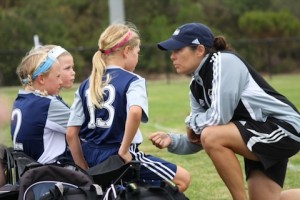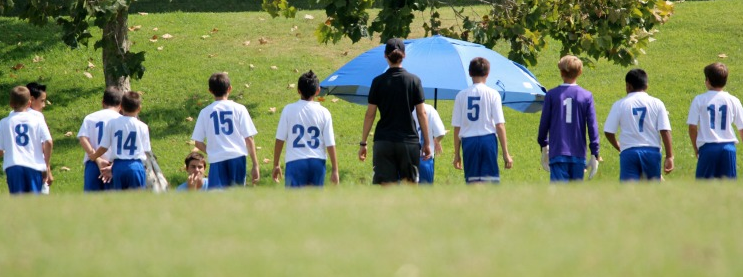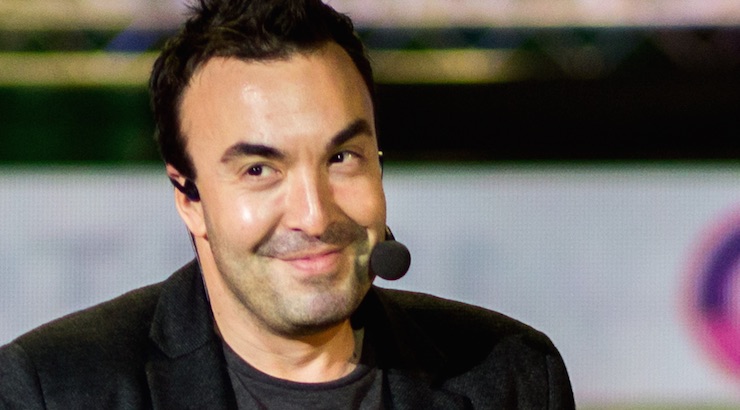The Ultimate Goal for Soccer Coaches: Winning the Trust of Their Players
SoccerToday’s columnist Dan Abrahams shares his insights and advice for success on the soccer field for players of all ages. A global sport psychologist and author specializing in soccer, Abrahams is based in England and works with professional soccer players in the English Premier League (EPL). Abrahams has helped hundreds of soccer players – many of them who play in the English Premier League (EPL) and others who play across Europe. A recent example of his work includes helping Yannick Bolasie make an enormous impact on the EPL for Crystal Palace. Abrahams has held contracts with QPR, Fulham, and West Ham among other clubs and works quietly, behind the scenes with many coaches from top clubs across Europe.
The ultimate for any soccer coach, in my opinion, is to win the trust of the players. Without trust it is impossible to develop individual players and to develop a team. Here is my short guide to winning your players’ hearts and minds regardless of whether you coach youth or adult soccer.
Care for Them
It is enormously challenging for any leader in any sport to be both liked and respected. Popular psychology suggests that one trades off with the other – be their mate and they won’t respect you, demand intensity and performance and they won’t like you. Whilst difficult to blend the two together I’m unconvinced that it’s impossible.
To bring a player into your coaching culture you have to care.
You have to develop an interest in the person behind the player. If it’s young footballers you coach, learn about their challenges at school. If you coach adult players learn about their interests outside of the football environment. By knowing a little about each player you show you care, and in turn make it tougher for players to harm team spirit or destroy the togetherness of the team.
 Coach Them
Coach Them
There is no better way to win the hearts and minds of your players than to coach them – as individuals and as team mates. Avoid judging their natural ability and focus your attention on the development process. As a local coach you can win plaudits for developing the best coaching process in your area. Have a firm eye on achieving this, more so than winning games.
Players want to improve, develop and learn above anything.
They want to be taught and they want to be inspired through great coaching. Trust is delivered through your expert eye and through your guiding voice. A promise to players that they will develop their game under your tutelage will win their trust and loyalty more than anything else.
Blame Yourself
Your players and team are merely a reflection of your coaching ability and your coaching culture. Never blame players for a loss. Merely offer correction. If they’ve made mistakes, red flag these as areas to coach and improve upon.
Mark it as an area of challenge for both you and the player to improve upon. Make the mistake ‘we’ rather than ‘him’ or ‘her’. Certainly don’t blame players in public. If there is a correction to be made, do so away from the lights and on the training ground or in the changing room.
 Constant Feedback
Constant Feedback
I have worked in many different coaching cultures. I often find the least successful ones are found where communication is poor between coaching staff and players. Open lines of communication win player loyalty. It shows you’re engaged in them as players and as people. It shows you’re invested in their game.
Make sure your conversations with players are specific to them – be specific with your instruction and your feedback.
Never compare a player to a team mate but always make it goal and target oriented. Research has repeatedly shown that feedback is most effective when it addresses a learner’s advancement towards a goal, rather than less meaningful aspects of performance.






